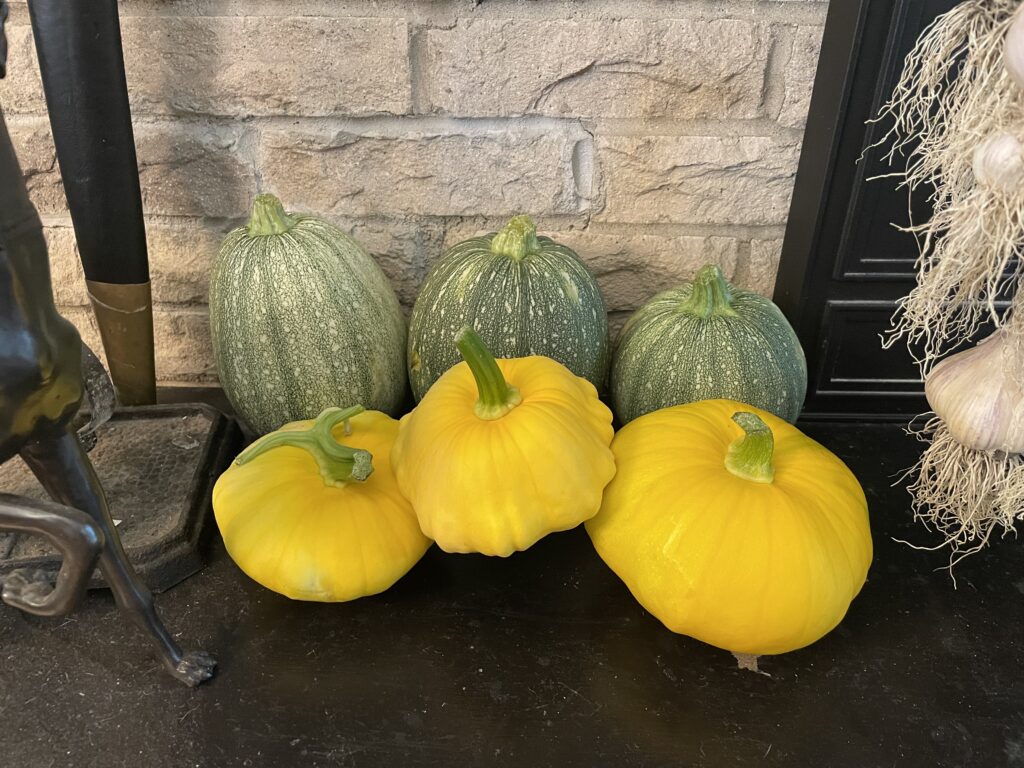Oh my what a perfect day.
Shall we chase that sciuridae?

I was thinking. What’d you say?
I was saying, should we….? Hey!
I saw some sun in which to lay.
Some attention, you should pay.
Some daytime napping, if I may.
There’s something here to chase I say!
I love to chase the critters! Yay!
Nevermind. He got away.
[I’ve taken to creating stories for Liz’s paintings]





